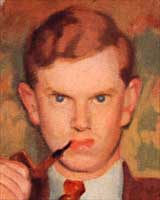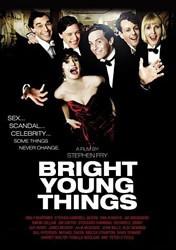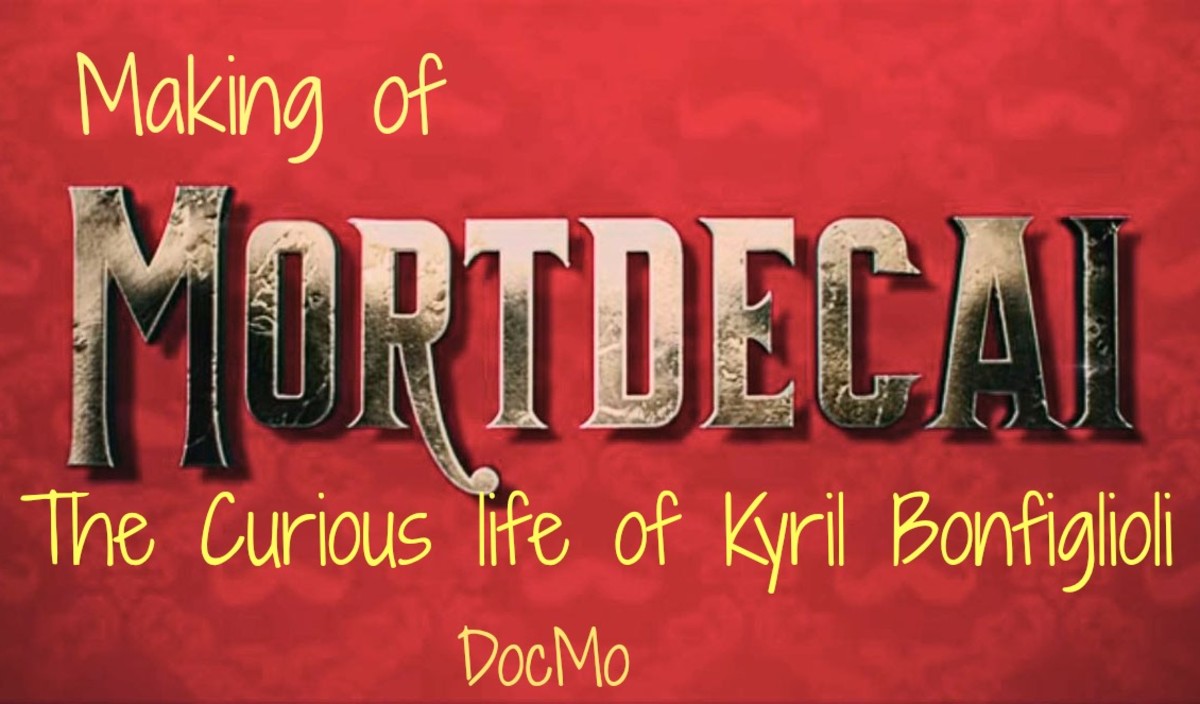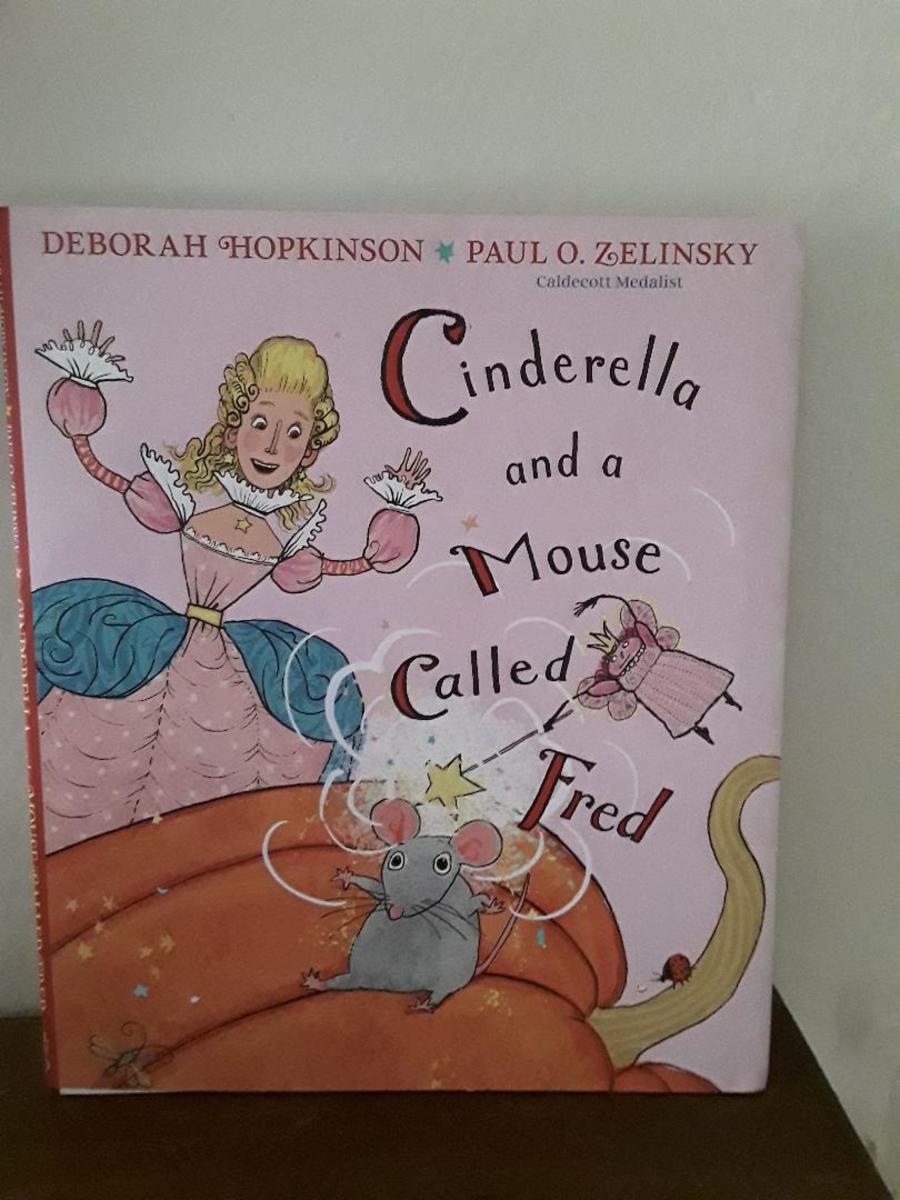The Best of Evelyn Waugh

Satires of Journalism, not Brideshead
Most Americans nowadays are first exposed to Evelyn Waugh, if ever, by reading his novel Brideshead Revisited. Many English Literature programs in universities and elite high schools pick out Brideshead as the premier example of Waugh's novelistic expertise. It's a shame, really, because though the book is a masterpiece it doesn't do justice to Waugh's work as a whole. Strange that a masterpiece doesn't do justice to a writer's repertoire, but it's true.
I won't bother getting into the details of the story, but suffice to say that Brideshead is a rather serious "Catholic" drama. The novel was written during World War II as Waugh experienced some hardships in the military and in his personal life, and frankly the novel reflects the tone of Waugh's life at the time as it focuses on morality, the effect and nature of God's grace, and the good old days of English aristocracy. Certainly the novel does contain some humorous moments, but it is written in an entirely different style from all of Waugh's other famous writing. There is no doubt that Waugh is a master of English prose but what he should be most lauded for is being the best and most clever comic novelist ever to have written in English. When we only introduce readers to Brideshead Revisited we ward off the majority from ever wanting to read another Waugh novel, thus robbing millions of highly enjoyable cultural classics.
My next few hubs will review and praise Evelyn Waugh's work, without again referencing Brideshead, in the hopes that we can revive Waugh's rightful place in literature and offer a good many laughs to new readers. This post will focus on his major satires of journalism, Scoop and Vile Bodies. Waugh writes these brilliant satires as an insider: he worked as a journalist and often as a special correspondent.
Vile Bodies Movie

Vile Bodies
Okay, so Waugh was a rather committed Catholic... but only after 1930. He converted in the wake of a failed marriage (his wife, who was named Evelyn, who had been gravely ill, returned from the hospital and then promptly left Waugh for another man). Before his conversion, and even after his conversion to some extent, Waugh was a nasty little fellow. Once he was fired from a teaching position at a boarding school for drunkenly trying to seduce a matron; he partied with a decadent aristocratic crowd and dabbled in drugs. Now let me set the stage: Vile Bodies was written prior to Waugh's conversion. Granted, what amounted to debauchery in the early 20th century does not compare to Fifty Shades of Grey or whatever other non-sense. Even so, it may indeed shock you a bit, even with the sex scenes purposely skipped over.
Vile Bodies follows the most unfortunate character, Adam Fenwick-Symes. We get a first taste of how ridiculous the story will be when Adam returns from Paris to London with a manuscript soon to be published. The customs officers decide the manuscript is subversive and burn it. Adam then has no money left, none at all, and proceeds to get involved in a bunch of absurd business ventures hoping to make a quick buck so that he can marry a fashion-conscience young aristocrat.
That's the main plot, but there are a whole bunch of characters, mainly all spoiled aristocrats with ridiculous names, interacting in the most silly situations, while all being reported at lightning speed in newspaper gossip columns. Prime Ministers rise and fall because of the gossip columns. One person commits suicide because of the gossip columns. At one point Adam becomes one of the gossip writers, and he then composes lie after lie after lie, throws in imaginary famous people, to which all the other characters respond by imitating. Nothing of any real consequence happens during the novel... it's just funny situation after funny situation being instantly relayed to the gossip columns.
Obviously Waugh directs his sarcasm at the incessant demand for celebrity gossip. In this case, the celebrities aren't even necessarily celebrities, just people with a lot of money--inherited money. The Bright Young People, of whom most of the book centers around, go around partying, getting drunk, imposing themselves on everyone, ruin a car race, and generally destroy any sense of peace or good society, though they are themselves "good society." As with any good gossip column, the worst of the rich folk comes to life in thrilling fashion.
Though the gossip column drives the novel, and thus the pure hilarity of everything that happens, it's hard not to focus one's laughter on how terribly stuck-up the Bright Young People are. Generational humor plays a part here, but mainly you have to laugh at the chorus of the young characters: "Isn't that divine?" "Oh I think it's divine." "Don't be such a bore." "This is such a bore." "My dear, how divine." "Oh my dear, what a bore." Particularly humorous moments come when people read the gossip column not knowing it's about them and all the while professing how divine it is.
This is one of the most outrageously funny books you will ever read, especially if you are over the age of 20 and somewhat intellectually aware--and if you don't mind some childish humor. Almost certainly a must read. Even without the constant laughter you should appreciate the genius of the characters and the scenarios they create.
Get the Scoop
Scoop
Waugh's Scoop deals straight-forwardly and entirely with journalism. Whereas Vile Bodies uses journalism merely to spark the novel and the humor, this book is about journalists and the journalism industry.
John Boot, an acclaimed young novelist, starts off the novel by desiring to get away from London because he needs to escape an obsessive American girlfriend. Now, I don't much like the characterization of American women. I, for one, like American women. Still, it's a comical beginning, because Mr. Boot is willing to travel into a war zone as a special correspondent to get away from a girl. So he goes to see a friend who has lots of influence asking her to get him a job. Mrs. Stitch comes to the rescue, telling an Editor of one of the many newspapers to hire the great writer, Mr. Boot. The editor of the Beast agrees to hire Boot upon hearing that notable elites read Mr. Boot, then an assistant editor looks up Mr. Boot on the newspaper's roster and find a William Boot who writes some obscure column. William Boot, a distant cousin of John Boot, gets hired as the special correspondent to a crisis in Ishmaelia, an imaginary African country, all because of a case of mistaken identity.
What's most funny about this story is that the crisis in Ishmaelia that William Boot gets sent to is also a fabrication. Germans and Communists are covertly fighting over the rights to the Ishmaelite mining industry, but one particular mysterious individual already owns the country and all that's in it. Meanwhile all the reporters covering the crisis are held prisoner, basically, in the only Ishmaelite hotel in the only Ishmaelite town. They're held prisoner there because there's nowhere else to go. The whole thing is a farce. So the journalists compete to see who can make up better stories faster. William, though, is just an honest country bum, unwilling to lie--he falls behind the others and eventually the Beast grew angry with William and fires him. Hopefully you can see the situational humor here: mistaken identities, immoral newspapers and journalists, fabricated, nonsensical stories, and a manufactured international crisis which worsens because of the invented journalistic nonsense.
Ironically, honest William Boot becomes famous for his journalistic breakthrough. Because he is fired and madly falls in love with a cheapskate, he stays behind in the city when all the journalists travel to a non-existent city and get lost in the wilderness. During the time he stays behind real news happens and he's the only one to break it. Returning home, the Editor of the Beast wants to throw a celebratory party in honor of William, but then more mistaken identities occur and everything is quite hilarious.
Scoop contains a lot more situational humor than Vile Bodies but is all the more comical because of it. Mainly, you're forced to laugh thinking, "I honestly believe crap like this happens. Newspapers are totally untrustworthy!" Of course, you may not actually think this at any point, but it's certainly possible. Another must read.
After reading these two books you'll realize that Evelyn Waugh should be your favorite novelist immediately. And you'll also realize that the book everyone makes you read in school, Brideshead Revisited, doesn't even touch the surface of Waugh's true readability. Many people think that Waugh is a bore because of revisiting Bridshead, but he ain't. I promise.





